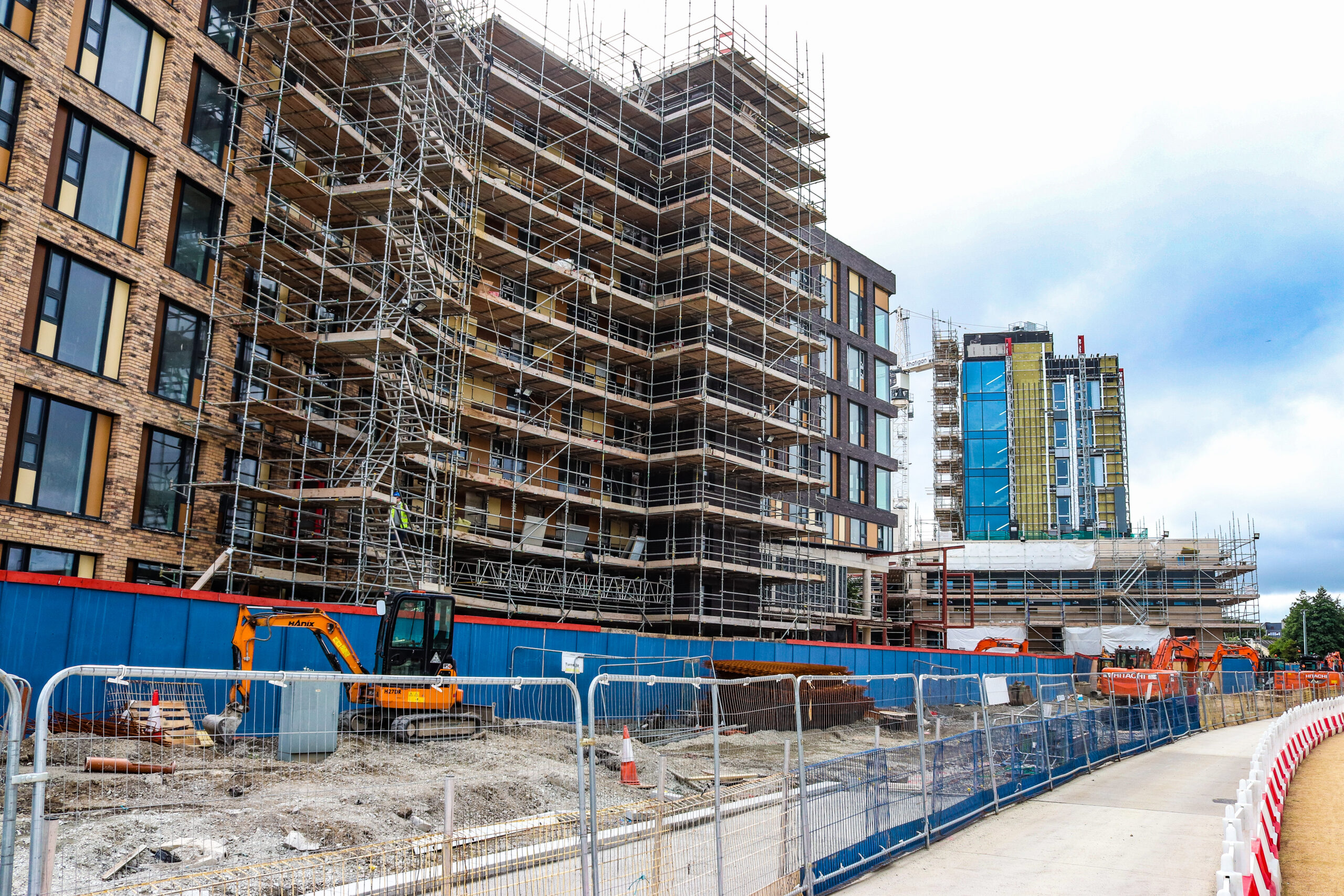The cost of student accommodation in Irish universities has increased once again this year, with the prices of accommodation in UCD increasing by a further 2% from last year’s figures to a record high of €11,626.70!
Although prices have increased across the board, the average costs of accommodation in Dublin universities such as UCD and Trinity are significantly higher than the rest of the country.
University College Dublin offers the most expensive college-owned campus accommodation in the country, with students living in the recently built Village “penthouse” apartments paying a total of €11,626.70 for a nine-month tenancy. The price of the village apartments (and every other on-campus residence) has been subject to a yearly increase of 2% since it was opened in the 2021-22 academic year.
The cheapest private room options are the Merville and Belgrove residences. Both options now cost €898.45 per month, which is an increase upon the 2022/23 price of €873.82 and €846.40 in 2021-22. The next most affordable options are the Ashfield, Glenomena, and Proby residences, which have increased from €1,050.22 per month in 2021 to €1,110.50 for 2023.
There has been a notable increase in the monthly utility payments that UCD is charging across all campus accommodations. This payment has increased from €45.63 in 2021, to €65.32 in 2023, adding an additional €177.21 to the total cost of all accommodation options.

UCD has also introduced shared rooms within the new Village residence this year. Shared bedrooms can be rented for €585.00 per person, per month in what was previously referred to as “gold” village apartments, or €615.00 per person, per month in “platinum” apartments. UCD has now listed these two options as “village 1” and “village 2” rather than “gold” and “platinum.”
There are a total of 682 village 1 and 2 bedrooms on campus. These rooms, which had previously been private, will generate a significant increase in revenue for UCD while also potentially providing hundreds of new spaces for incoming students.
Additionally, a studio apartment can now be rented either by a single student or booked as a twin occupancy room. The monthly rent for this option is €866.47 regardless of whether the room is shared. This is an increase from last year’s rate of €842.47 and 2021’s rate of €831.07.
Accommodation costs in other universities have seen a similar increase. Trinity College Dublin has increased the price of their off-campus Trinity Hall residence by 2%. This residence, which is located in Rathmines, has seen rent increase from €6,729 in 2022 to €6,864 for the coming academic year. Trinity has also opened a new on-campus accommodation block called Printing House Square. Located in the Trinity campus in the city centre, this accommodation will cost students €10,379 for the nine-month academic year.
Outside of Dublin, the cost of student accommodation has seen a similar increase with The University of Limerick’s on-campus accommodation, Plassey Village increasing by €202 to €5,206 for this academic year. Similarly to UCD, other universities have also increased the price of their utility payments this year, with Maynooth University charging an annual fee of €600, which is a €100 increase on last year’s figures. Unsurprisingly, rents in Galway, Limerick, and Maynooth remain lower on average than in Dublin.
The rising cost of student accommodation is illustrative of the wider rental crisis within the country, especially within Dublin. In the fourth quarter of 2022, it was reported by the Residential Tenancies Board that the average monthly rent in Dublin had risen to €2,063. This is an increase of €133.63 from the same period of 2021 and an increase of €271.25 from the same period of 2020.
The rising cost of student accommodation combined with its limited availability excludes many students from living on-campus and forces them into the volatile private rental sector. It poses a particular challenge to students from outside of Dublin, who are either forced to pay incredibly high accommodation prices, or commute to college, which isn’t always an option. It also poses a challenge to international students who arrive in Ireland without being familiar with the circumstances that the housing crisis has created within the country, particularly within the capital.
Caoimhe Doyle – Reporter
Hugh Dooley – Co-Editor

